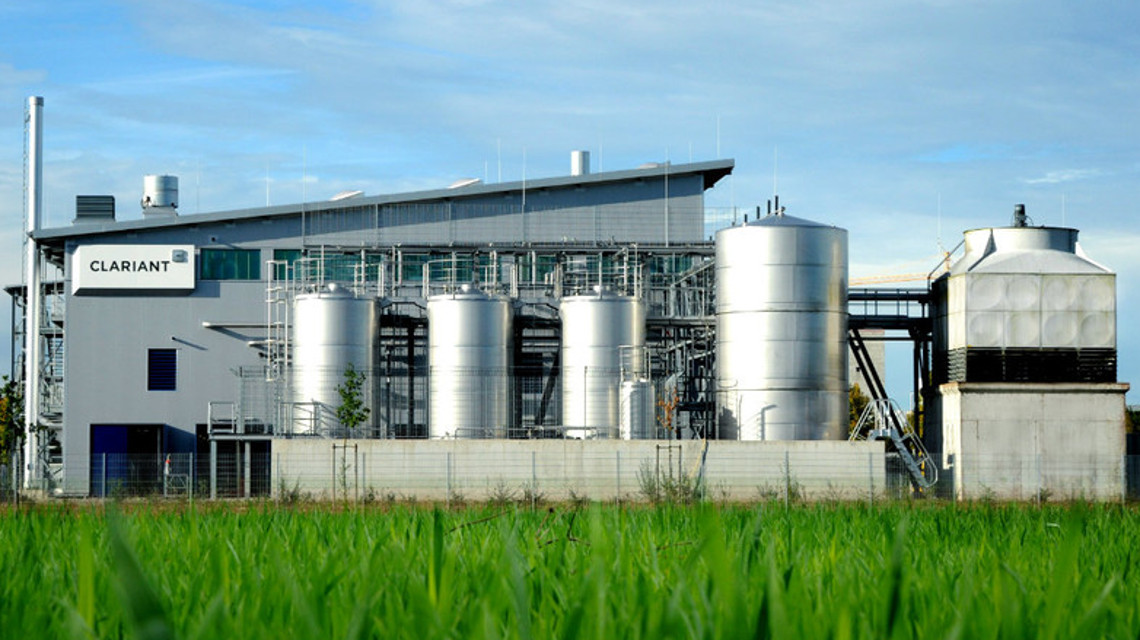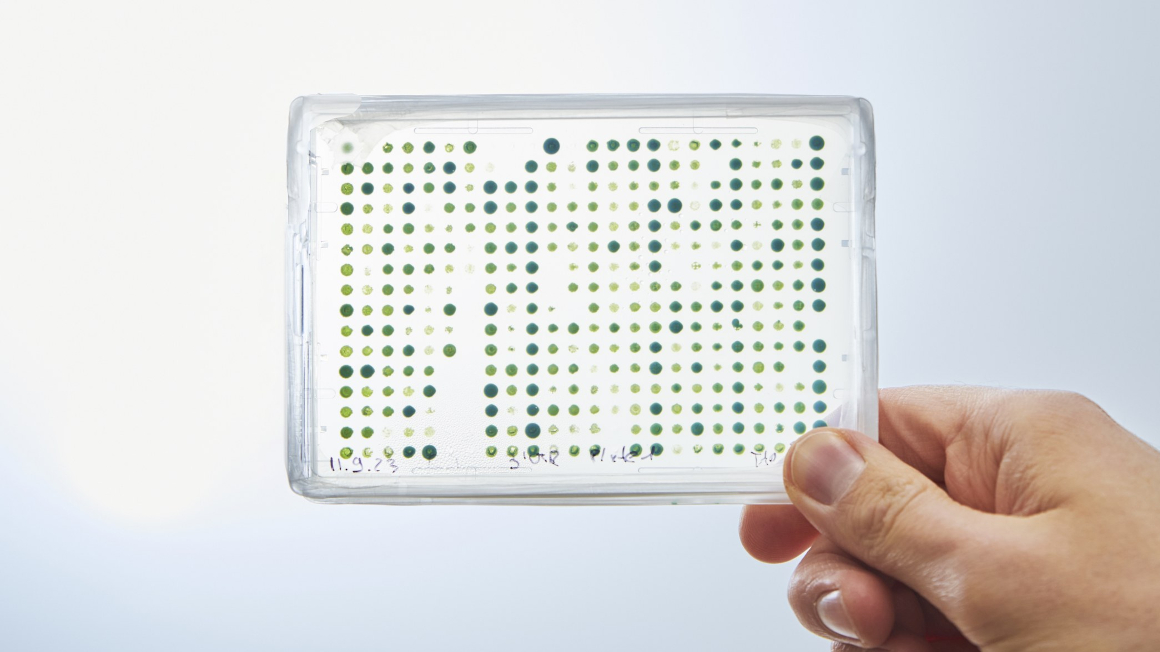Clariant to build new biorefinery in Romania
The swiss specialty chemicals company Clariant is set to build a sunliquid® cellulosic ethanol plant in Romania.

Clariant, a specialty chemicals company based in Switzerland and with a demonstration plant in Straubing, Germany, will invest in a new full-scale commercial biorefinery for the production of cellulosic ethanol from agricultural residues using its sunliquid® technology. The new plant, with an annual production capacity of 50.000 tons, will be built in the south-western part of Romania.
Ready for scale-up
Just a little over a month ago, Clariant announced the licensing of their sunliquid® technology to Enviral, a member of the Envien Group. "After five years of operating our pre-commercial sunliquid® plant in Straubing, Germany, and thorough process demonstration we are now ready to scale-up to the next level", explains Markus Rarbach, Head of Start-up Business Biofuels & Derivatives at Clariant. "It is the next big step into an attractive market and a significant advancement in the successful commercialization of this highly innovative and sustainable technology." The investment also brings substantial economic benefits to the region. By locally sourcing feedstock, greenhouse gas savings can be maximized and additional business opportunities arise in the region along the value chain.
Cellulosic ethanol: a truly sustainable biofuel
At full capacity, the new plant will process approximately 250.000 tons of wheat straw and other cereal straw annually, which will be sourced from local farmers. Co-products from the process will be used for the generation of renewable energy with the goal of making the plant independent from fossil energy sources. Therefore, the resulting cellulosic ethanol is an almost carbon neutral and truly sustainable, advanced biofuel. It is produced from agricultural residue such as wheat straw and corn stover that is obtained from farmers. The straw is converted into cellulosic sugars followed by fermentation of cellulosic sugars to cellulosic ethanol. By using agricultural residue, cellulosic ethanol can extend current biofuels production to new feedstocks and improved performance. Cellulosic sugars also have the potential to serve as a building block for future production of bio-based chemicals.
Construction will start in 2018
To further focus on the commercialization of bio-ethanol, licenses and enzymes, Clariant has set-up a new Business Line Biofuels & Derivatives, as part of the Business Area Catalysis. As of January 2018, all activities and costs related to the sunliquid® technology platform will be transferred from Corporate Costs to the Business Line Biofuels & Derivatives.
Construction for the new biorefinery in Romania will start in 2018. The plant is anticipated to deliver its first batch of product in 2020. Peak sales from the sunliquid® cellulosic ethanol plant are expected to be in the mid double-digit million range. The project receives funding from the European Union's Seventh Framework Program for research, technological development and demonstration and from the Bio-Based Industries Joint Undertaking under the European Union's Horizon 2020 research and innovation program.
jmr


